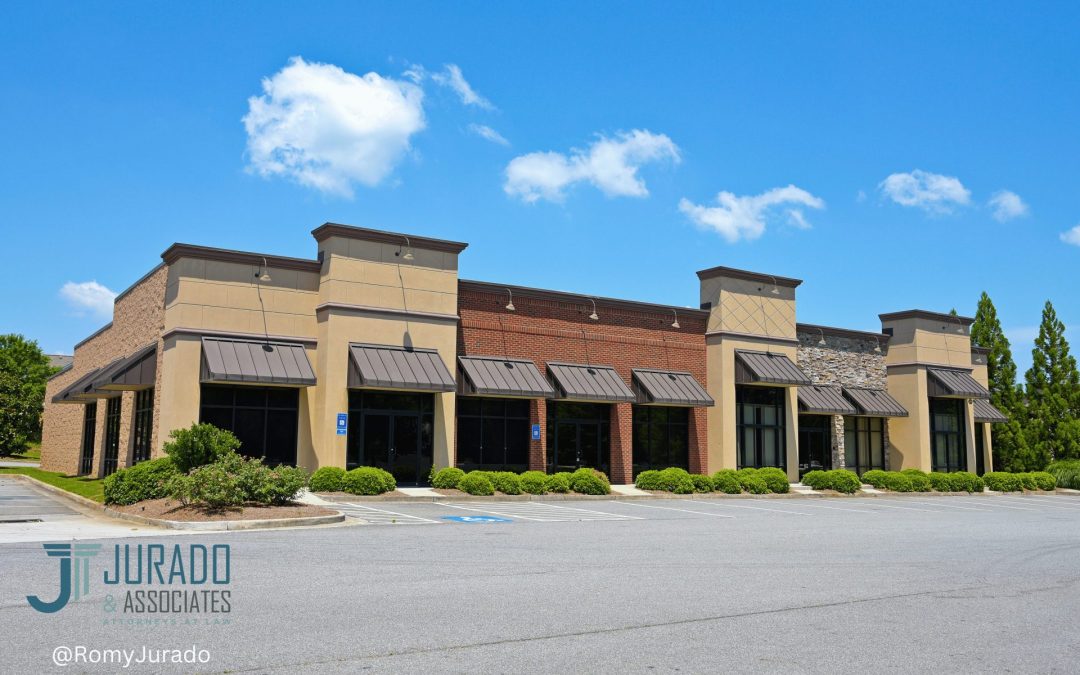Renting a commercial property involves several complexities that are not part of a standard residential rental agreement. Failing to meet the terms and conditions of a commercial rental agreement may result in costly liability, which requires the utmost attention from potential tenants.
In this article, you will discover whether a business license is required to rent Florida commercial property.
Do You Need a Business License to Rent a Commercial Property in Florida? – The Verdict
There is a significant difference between Florida commercial landlords and tenants in terms of licensing requirements. Purchasing and leasing commercial property requires landlords to meet the applicable zoning laws.
Commercial property cannot be established in a residential zone, for example. Certain types of businesses have specific regulations to operate legally, such as a chemical industry or a laboratory.
Consequently, a Florida landlord cannot lease a commercial property to a business that does not meet the basic zoning requirements. On the tenant’s side, Florida commercial landlords do not require them to prove whether they have specific licensing to operate.
Generally, commercial landlords tend to focus on the tenant’s ability to keep rent payments up to date and not affect the property in a way that would lower the value of the space (e.g., unauthorized reforms).
Commercial spaces shared between different tenants (e.g., office buildings) also have rules to guarantee a peaceful livelihood on the premises.
While Florida commercial landlords do not necessarily require a license when leasing a property to a tenant, businesses must satisfy several licensing requirements to operate within state jurisdiction.
Business Licenses in Florida – An Overview
Licenses and permits encompass a wide range of documents that companies may need to operate legally.
At the state level, Florida does not require a business operating license. Once a company has been properly registered, its owner will not need to seek a state-issued license. However, state law has specific licensing regulations for certain professions and occupations.
This requirement is generally applied to business categories that require extensive training or have the potential to expose consumers to hazards, including:
- Doctors, physicians, nurses
- Lawyers
- Engineers
- Accountants
- Construction companies, contractors, and other construction-related occupations
- Cosmetologists, hairstylists, barbers
- Architects, interior designers
- Real estate agents and brokers
Most professional and occupation licenses required in the state are primarily issued by the Florida Department of Business and Professional Regulation (DBPR). Another important division responsible for issuing licenses is the Florida Department of Agriculture and Consumer Services (FDACS).
If a business segment does not require a specific statewide license, it is still necessary to handle licensing at the local level. In Florida, most counties and cities have their licensing requirements.
For example, a new company may need to obtain a business tax receipt to conduct business in the county where it is established. It is important to check with the county tax collector to verify whether a certain business needs a license before filing for registration with the Florida Department of Revenue.
Waste no Time with Uncertainty – Immediately Seek Expert Legal Guidance
Whether you need to navigate Florida lease or license laws, Attorney Romy B. Jurado willingly wants to help protect your interests. Contact us by calling (305) 921-0976 or emailing [email protected] to schedule a consultation.





